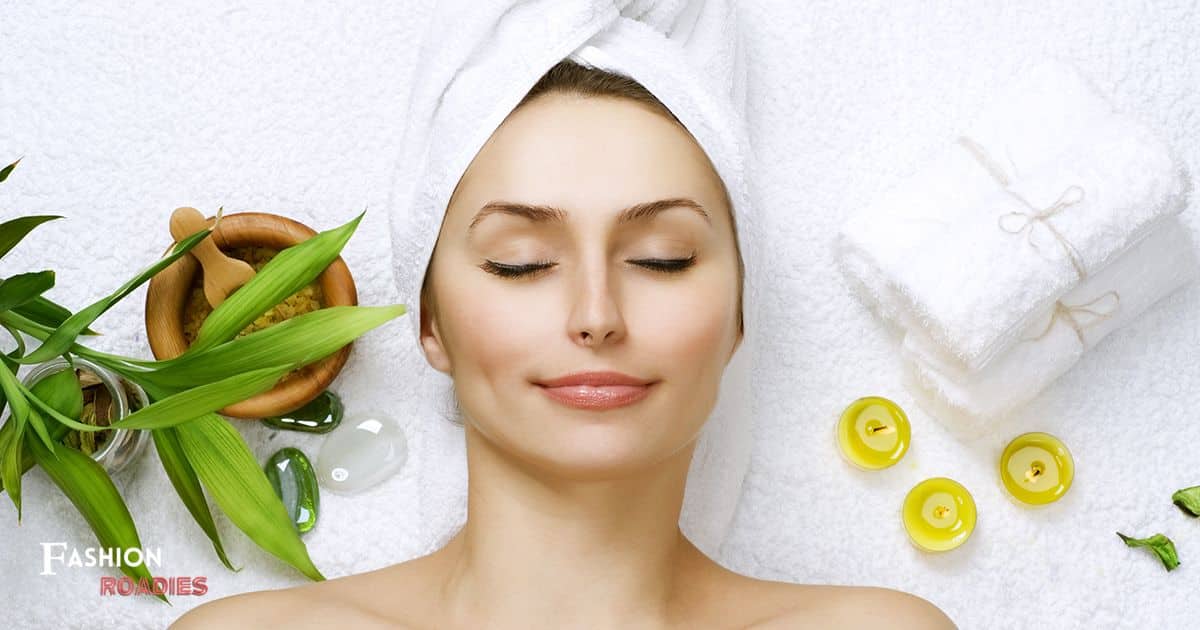Welcome to the ultimate guide on how to care for your face skin, where we delve into the secrets of maintaining a radiant and healthy complexion. In a world where first impressions matter, it’s crucial to give your skin the attention it deserves. Through a combination of proper cleansing, nourishment, and protection, you can unlock the key to youthful and glowing skin. Join us as we explore the essential steps to achieve a flawless and enviable complexion that will leave you feeling confident and embraced by the beauty community.
Key Takeaways
- Gently remove makeup before washing your skin
- Thoroughly cleanse with a suitable facial cleanser
- Prioritize sleep as part of your skincare routine
- Choose gentle exfoliants suitable for your skin type
Cleansing Your Face
To effectively cleanse your face, start by gently removing any makeup and then thoroughly washing your skin with a suitable facial cleanser. This initial step is crucial in maintaining a healthy and radiant complexion. By removing makeup first, you allow the cleanser to penetrate deeply into your pores and effectively remove any dirt, oil, and impurities that have accumulated throughout the day. Choose a facial cleanser that is appropriate for your skin type, whether it be oily, dry, or combination.
Look for ingredients that are gentle yet effective, such as aloe vera or chamomile extract, which can soothe and nourish your skin. Take the time to massage the cleanser into your face in gentle, circular motions, ensuring that every area is thoroughly covered. Once you have thoroughly cleansed your skin, rinse with lukewarm water and pat dry with a clean towel. This step sets the foundation for the rest of your skincare routine and prepares your skin to receive the maximum benefits from the products you will apply next.
Getting Enough Sleep
Adequate sleep is essential for maintaining the health and appearance of your facial skin. When you don’t get enough sleep, your skin can become dull, dry, and prone to breakouts. Lack of sleep can also lead to the appearance of dark circles and under-eye bags, making you look tired and older.
Your body uses sleep as a time to repair and regenerate, which includes repairing skin cells and producing collagen, a protein that gives your skin its elasticity and youthful appearance. By getting enough sleep, you give your skin the chance to rejuvenate and heal, resulting in a glowing and refreshed complexion. So make sure to prioritize sleep as part of your skincare routine to keep your face looking its best.
Breathing Clean Air
Getting enough sleep is crucial for maintaining the health and appearance of your facial skin, and breathing clean air further contributes to its overall well-being. Clean air plays a vital role in keeping your skin healthy by preventing the accumulation of pollutants and irritants. When you breathe in clean air, you provide your skin with the necessary oxygen it needs to rejuvenate and repair itself.
Clean air helps to maintain the moisture balance of your skin, preventing dryness and maintaining a youthful glow. To ensure that you are breathing clean air, it is essential to keep your living and working spaces well-ventilated and to avoid areas with high levels of pollution. Investing in air purifiers and regularly cleaning air filters can also help to remove impurities from the air you breathe. By prioritizing clean air, you can enhance the health and appearance of your facial skin, giving you a sense of belonging and confidence.
Using Antioxidants
Antioxidants play a vital role in nourishing and protecting your facial skin, building upon the benefits of breathing clean air. These powerful compounds help to neutralize harmful free radicals that can lead to premature aging and skin damage. By incorporating antioxidants into your skincare routine, you can enhance your skin’s natural defense mechanisms and promote a healthier complexion.
There are various ways to introduce antioxidants into your skincare regimen. One option is to use topical antioxidant serums or creams that contain ingredients such as vitamin C, vitamin E, or green tea extract. These formulations can help to combat the effects of environmental pollutants and UV radiation, while also promoting collagen production and brightening the skin.
Additionally, consuming a diet rich in antioxidants can also benefit your skin. Foods like berries, spinach, and nuts are packed with these beneficial compounds and can contribute to a more youthful and radiant complexion.
Exfoliating Your Skin
To effectively care for your face skin, it is important to incorporate exfoliation into your skincare routine. Exfoliating helps remove dead skin cells, unclogs pores, and promotes a radiant complexion. Here are some key tips to keep in mind when exfoliating your skin:
- Choose the right exfoliant: Look for gentle exfoliants that suit your skin type, such as chemical exfoliants with AHAs or BHAs, or physical exfoliants with gentle scrubbing particles.
- Frequency matters: Exfoliate 1-2 times a week to avoid over-exfoliation, which can cause irritation and dryness.
- Be gentle: Apply gentle pressure when exfoliating to avoid damaging your skin.
- Moisturize afterwards: After exfoliating, follow up with a moisturizer to hydrate and nourish your skin.
Regular Exercise
Regular exercise is an essential aspect to consider when caring for your face skin, as it contributes to overall skin health and radiance. Engaging in regular physical activity not only helps to improve blood circulation, but it also promotes the delivery of oxygen and nutrients to the skin, resulting in a healthy and glowing complexion. Additionally, exercise helps to reduce stress levels, which can have a positive impact on the skin by minimizing breakouts and inflammation. To further understand the benefits of exercise on your face skin, take a look at the table below:
| Benefits of Regular Exercise for Face Skin |
|---|
| Improved blood circulation |
| Enhanced delivery of oxygen and nutrients |
| Stress reduction |
Moisturizing Your Face
To maintain optimal hydration and nourishment, it is imperative to incorporate a moisturizing routine into your daily skincare regimen. Moisturizing your face not only helps to keep your skin soft and supple, but it also creates a protective barrier against environmental pollutants and moisture loss. Here are four essential steps to moisturizing your face:
- Cleanse: Start by washing your face with a gentle cleanser to remove dirt, oil, and impurities.
- Tone: Follow up with a toner to balance your skin’s pH levels and prepare it for moisturization.
- Apply moisturizer: Choose a moisturizer that suits your skin type and apply it evenly across your face and neck.
- Protect: Finish off with a broad-spectrum sunscreen to shield your skin from harmful UV rays.
Drinking Plenty of Water
Maintaining optimal hydration for your face skin is crucial, and one effective way to achieve this is by ensuring you drink plenty of water. Water is essential for the overall health and well-being of your body, including your skin. When you consume enough water, it helps to keep your skin hydrated, supple, and radiant. Dehydration can lead to dryness, dullness, and even contribute to the development of wrinkles and fine lines.
By drinking plenty of water, you are providing your skin with the moisture it needs to stay healthy and youthful. Additionally, water helps to flush out toxins from your body, which can further promote clear and blemish-free skin. So, make sure to stay hydrated by drinking enough water throughout the day to keep your face skin looking its best.
FAQ’s
What Are Some Common Mistakes to Avoid While Cleansing Your Face?
When it comes to cleansing your face, it is important to be aware of common mistakes that can hinder the effectiveness of your skincare routine. Avoiding these mistakes will help maintain the health and appearance of your skin.
Are There Any Specific Foods or Supplements That Can Help Improve the Health of Your Skin?
Consuming a balanced diet rich in fruits, vegetables, and antioxidants can promote healthy skin. Certain foods like fatty fish, nuts, and avocados contain essential nutrients that support skin health. Additionally, supplements like collagen and vitamin C may also contribute to improved skin health.
Should I Use Different Types of Moisturizers for Different Skin Types?
When it comes to choosing moisturizers, it is important to consider different skin types. Customizing your skincare routine with the appropriate moisturizer for your specific skin type can help achieve optimal hydration and address specific concerns.
Can Excessive Exercise Have a Negative Impact on the Skin?
Excessive exercise can have a negative impact on the skin. Intense physical activity can lead to increased sweating, which can clog pores and contribute to acne breakouts. It is important to maintain a balanced skincare routine to mitigate these effects.
How Can I Protect My Skin From Environmental Pollutants and Toxins?
Protecting the skin from environmental pollutants and toxins is essential for maintaining its health and integrity. Strategies such as using sunscreen, wearing protective clothing, and regularly cleansing and moisturizing can help safeguard against these harmful elements.
Conclusion
In conclusion, by following these simple steps, you can achieve and maintain healthy and radiant skin. Cleansing, getting enough sleep, breathing clean air, using antioxidants, exfoliating, regular exercise, moisturizing, and drinking plenty of water are all essential for proper skincare. With a little dedication and consistency, you can keep your face looking fresh and glowing for years to come. So, start taking care of your skin today and watch the transformation unfold.










